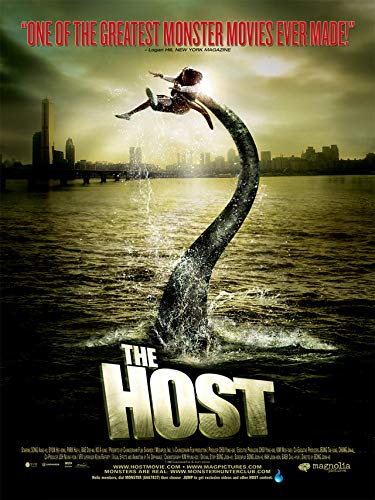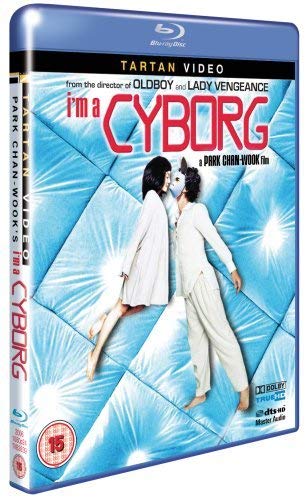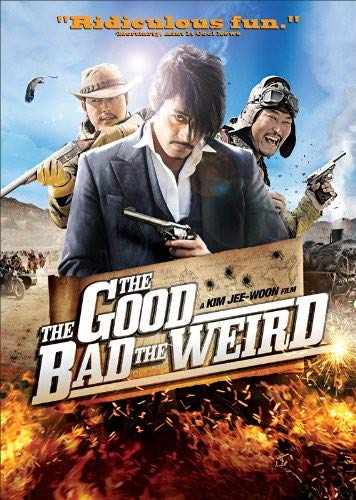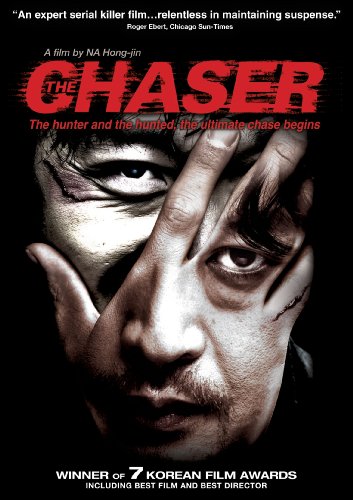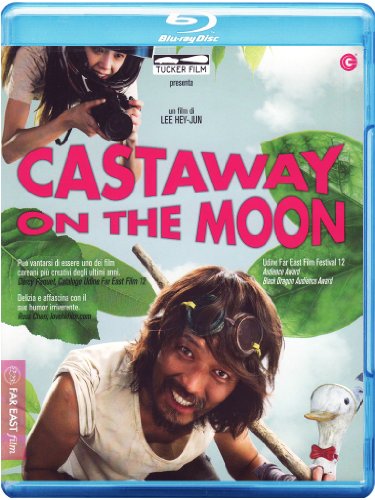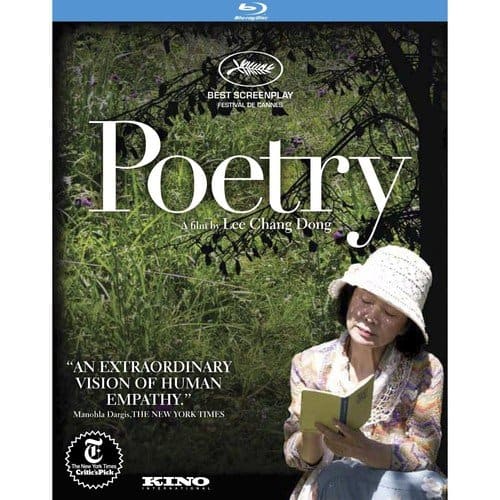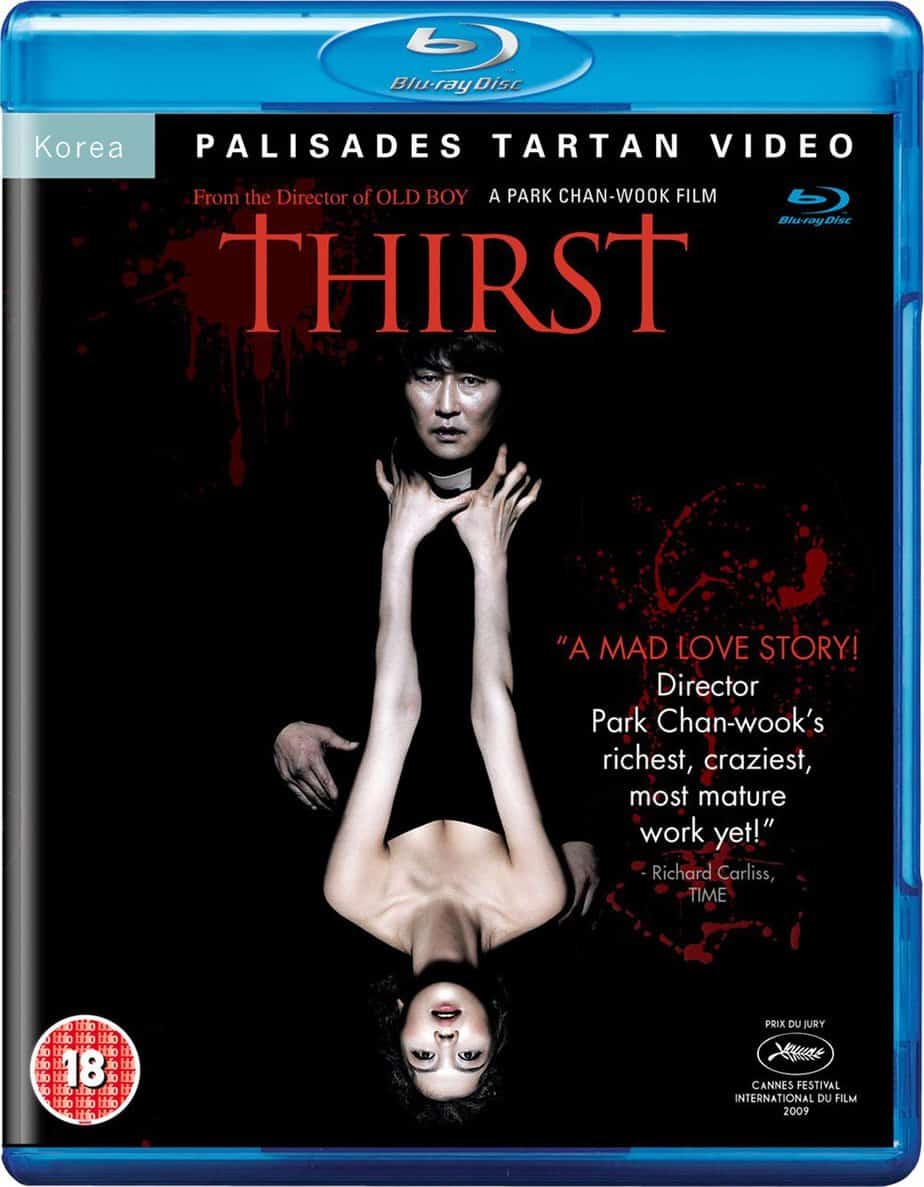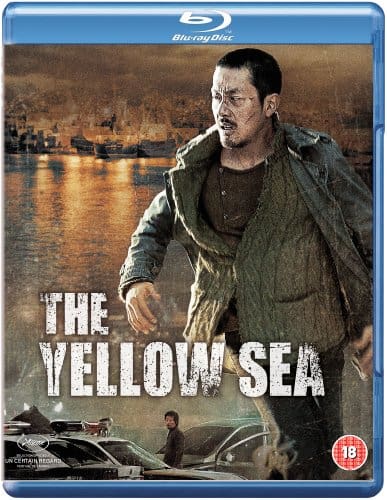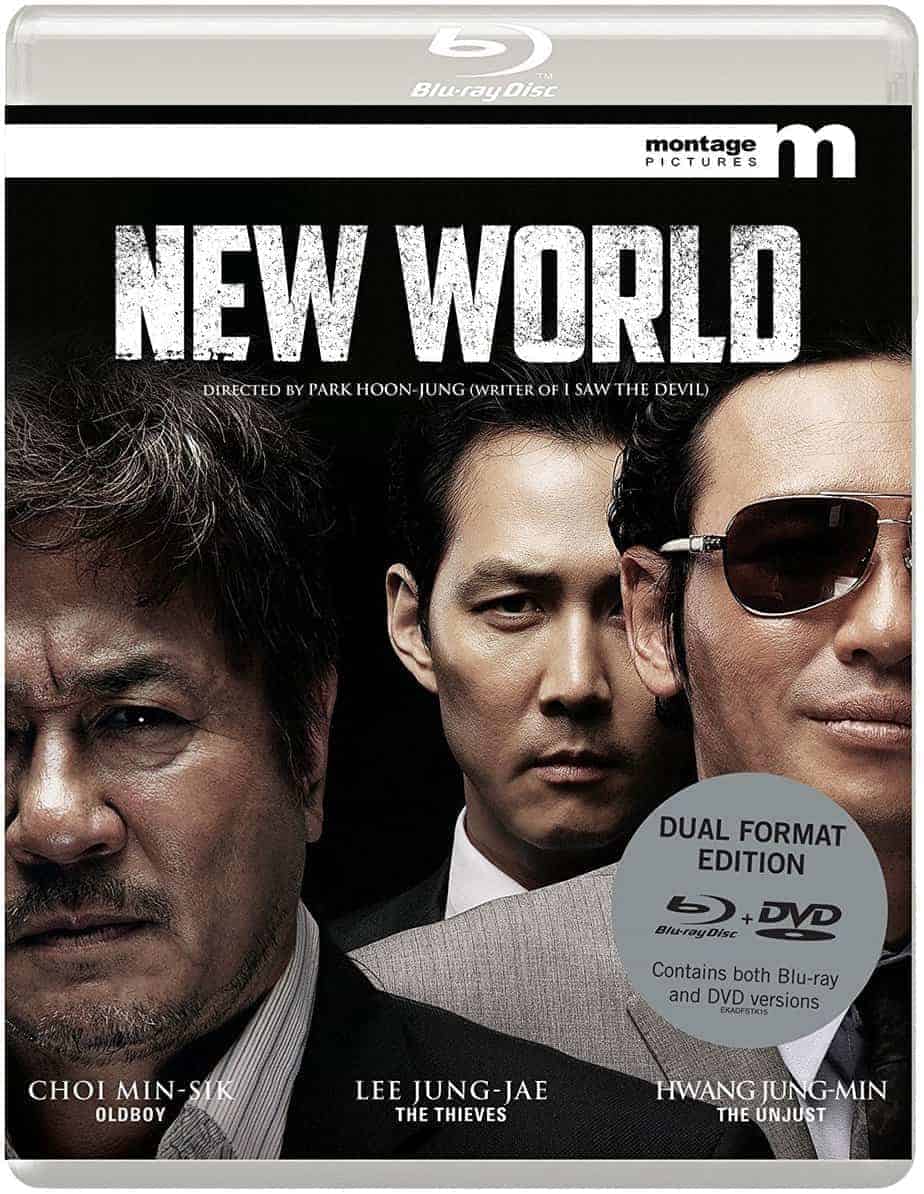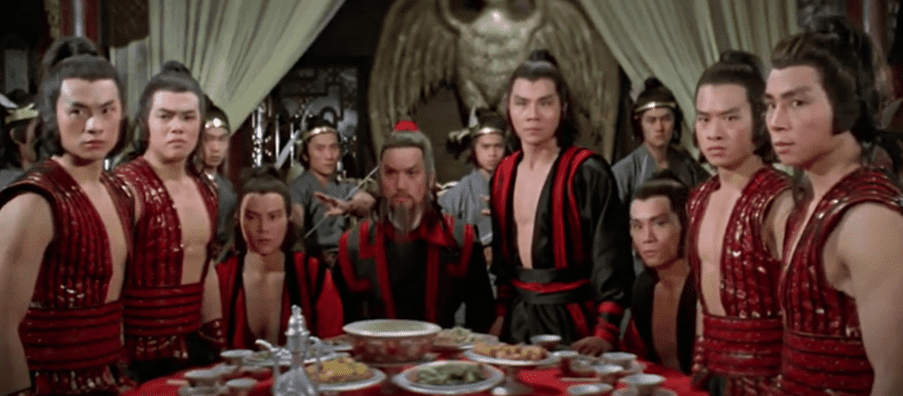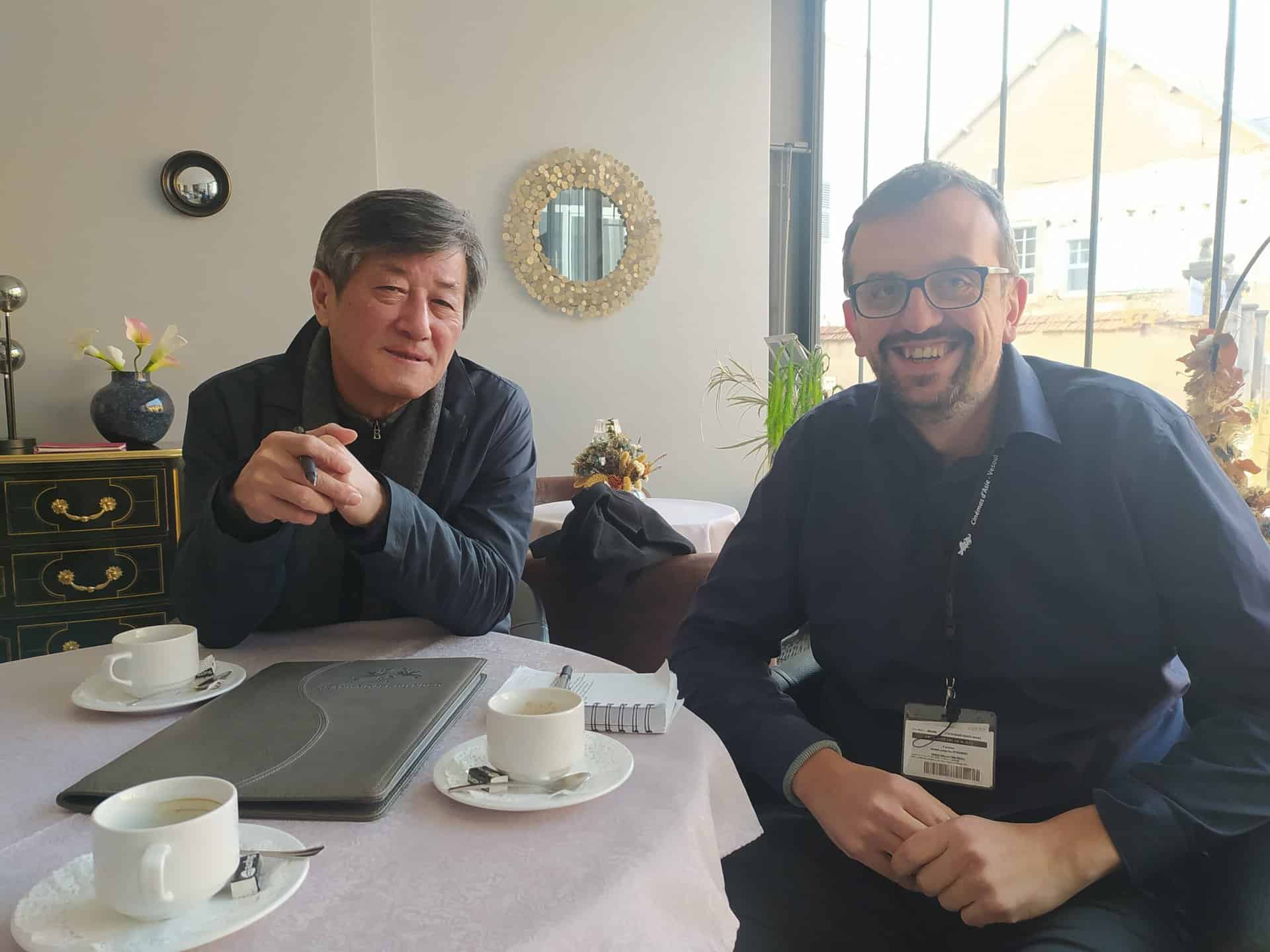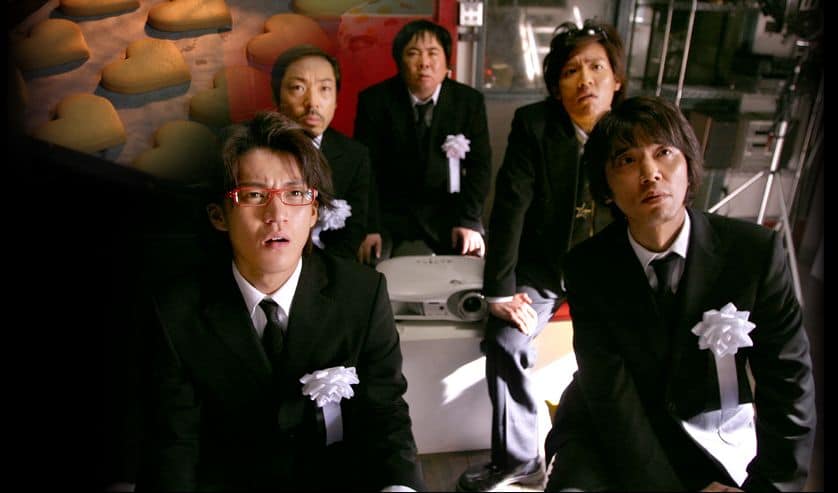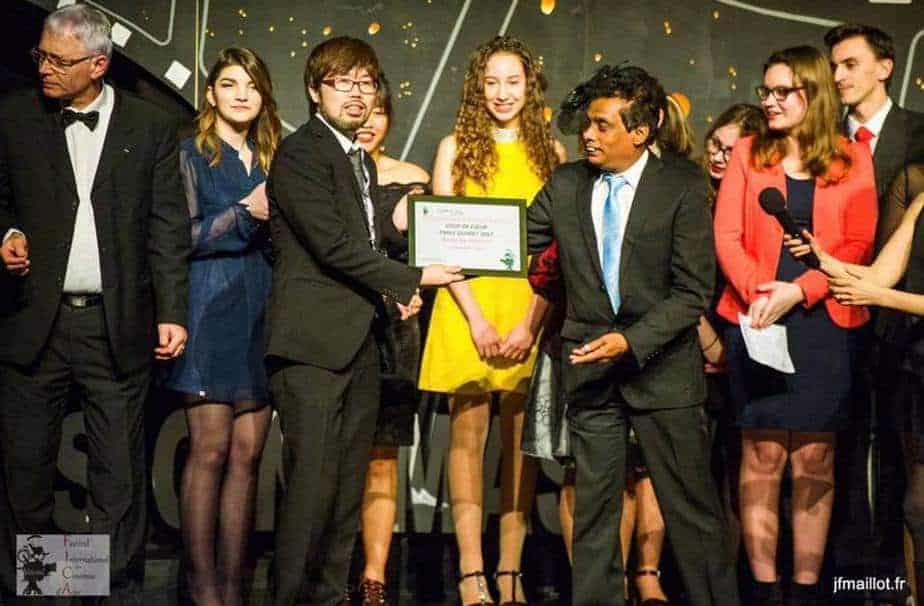61. Sympathy For Lady Vengeance (Park Chan-wook, 2005)

An innocent woman spent 13 years in prison for the murder of a 6-year-old boy. Now, she’s using her newfound freedom to track down the true killer.
62. Crying Fist (Ryoo Seung-wan, 2005)
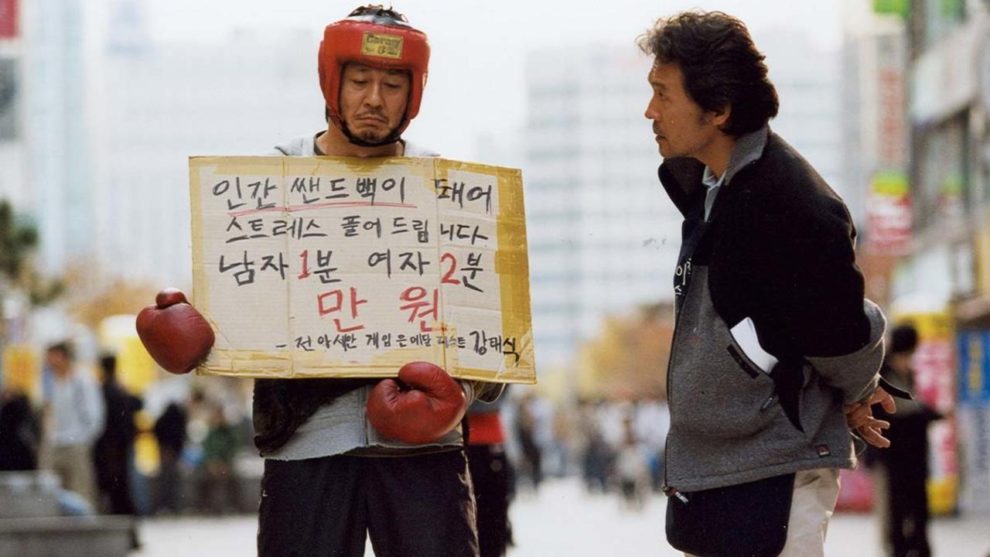
Boxing easily has to be the most represented sport in cinema and South Korea too has its fair share of stories set within the world of boxing. But what sets “Crying Fist” apart from any other such underdog story is that it puts the audience in both corners of the ring, giving us two wholly different stories and both fighters in a match to sympathise with and root for. This is particularly interesting, and a big strength of the writing by Ryoo Seung-wan and Jeon Cheol-hong, because when the narrative starts, both men come across quite unpleasant and unlikeable. However, by the time the two finally come across each other, you can’t help but want the fight to end in a draw and for both the characters get their due redemption. (Rhythm Zaveri)
Buy This Title
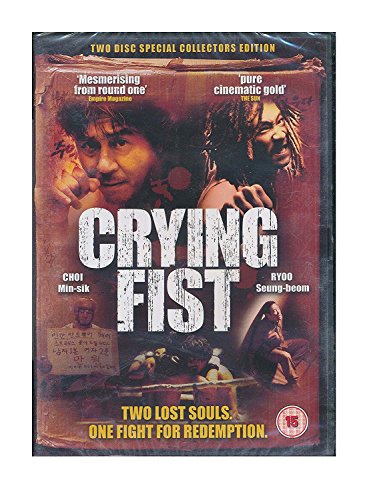
63. Grain in Ear (Zhang Lu, 2005)

The film is definitely not a chatty one. The first dialogue can be heard 5 minutes after the beginning. The verbal exchanges are very limited all through the feature. Most shots are long shots, and the actions often happen off-screen. The camera tends to linger a lot. This doesn’t mean that there is no communication between the characters, or that the events are less intense, it is actually quite the opposite. Everything is treated in the same tone, which makes crisis and drama more shocking and violent. This “neutrality” of tone also goes well with the character’s inner life. She is holding it in all the time, and her explosions are quiet but brutal ones. (Oriana Virone)

64. Sunflower (Kang Seok-beom, 2006)
Tae-sik, who cleansed up the neighborhood back alley with his bare knuckle after dropping out of high school, is released on parole. The once sacrificial sheep of Tae-sik’s frank Min-seok has become a detective and Tae-sik’s henchmen friends have turned on each other’s back. As if have forgotten the old days he shared with them, Tae-sik only does what he wishes to do, which was written down on his crumpling small scrapbook. Tae-sik finds a warm shelter in the small neighborhood food joint ‘Sunflower’, where Tae-sik handed his scrapbook to its owner before. Tae-sik tries to live a quiet new life with the lady who runs the restaurant and her daughter, Hee-ju. However, nobody believes him but the owner and her daughter of the ‘Sunflower’.
65. The Host (Bong Joon-ho, 2006)
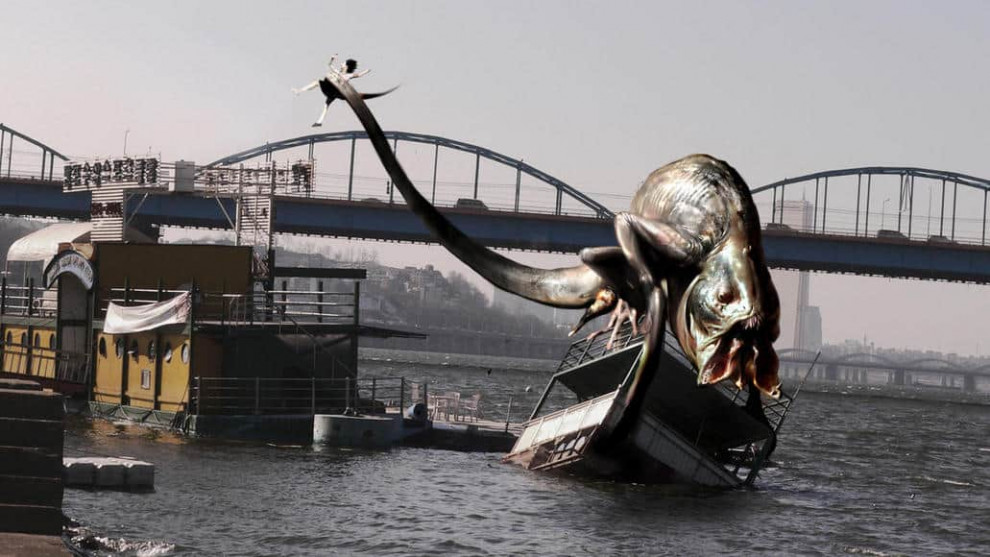
All in all, most will find it a pretty decent way to spend a Saturday afternoon. I’m not going to go around screaming Gaika! Gaika! It’s Gwoemul!” or anything (not the same ring to it) but I will definitely sign any future petitions against aquatic polluting. It’s shameful that I’m doing it not to save our planet but to make sure I don’t get my face eaten off by any toxic offspring that happen to be a byproduct. But as they say, progress is made a little at a time.
Watch This Title
66. I’m a Cyborg, But That’s OK (Park Chan-wook, 2006)
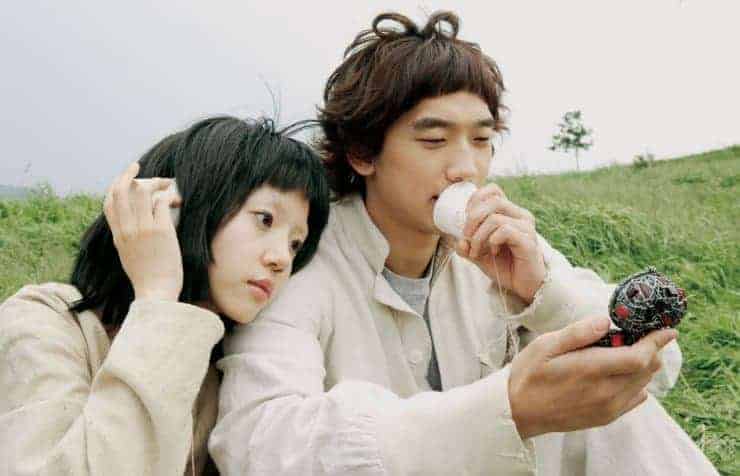
It is to Park Chan-wook’s credit that the film, which is usually considered the weaker work in his oeuvre, still ranks among the finest romantic films in a film industry awash with some absolute masterpieces of the genre. Park has stated that after making the DMZ-set “JSA” and the very violent Vengeance Trilogy, he wanted to make a film that his little daughter can watch. “I’m a Cyborg, But That’s OK” almost feels like a non-traditional fairytale at places with weird, bonkers but wonderful characters. Go on, recharge your batteries. Be wacky. Sometimes, that’s OK. (Rhythm Zaveri)
Buy This Title
67. A Dirty Carnival (Yoo Ha, 2006)
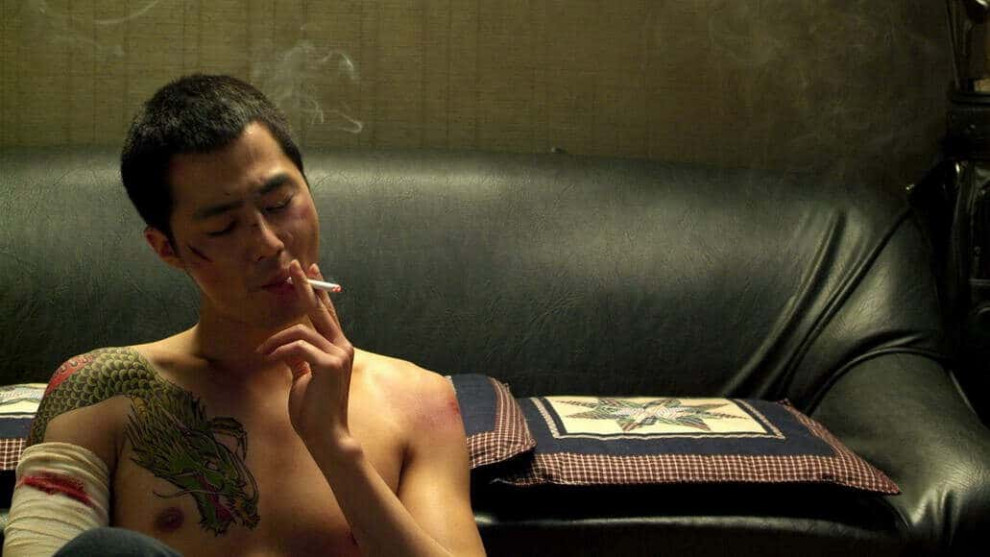
The film is set in very “dark” atmosphere, with the main character offering very few moments of hope in a crime world that is presented in utterly realistic fashion: its members are selfish, schemers, thieves and always willing to kill anybody to ascend the ranks of the organization, having violence as their sole mean of solving their differences. At the same time, it satirizes the largely failed effort of the film industry to portray the essence of life in organized crime.
Buy This Title
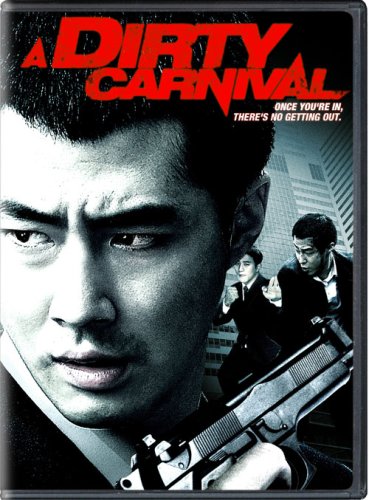
68. Secret Sunshine (Lee Chang-dong, 2007)
After losing her husband, a woman relocates to a small-town called Miryang for a new start. When tragedy strikes, one local man stands by her through all of her struggles and tries to offer her hope.
69. Rough Cut (Jang Hoon, 2008)
Gang-pae, #2 in his organization, is swamped with routine violence, and his dream of becoming an actor never went away. Star actor Soo-ta lives behind a veil, away from public eyes. Over time his behavior becomes increasingly agitated, provoked by paparazzi wanting a piece of him wherever he goes. This behavior puts him in a series of spiraling and uncontrollable situations. Now he begins shooting a new movie playing a gangster. Because of his bad temper, he beats up a fellow actor and forces the production to a halt. Feeling responsible, Soo-ta requests Gang-pae, whom he met by chance, to play alongside him in the movie in order to save the production. Gang-pae agrees with the condition that the violence portrayed in the movie has to be real and not fake acting violence. Soo-ta accepts the condition and they get ready for the real match.
70. The Good, The Bad, The Weird (Kim Jee-woon, 2008)
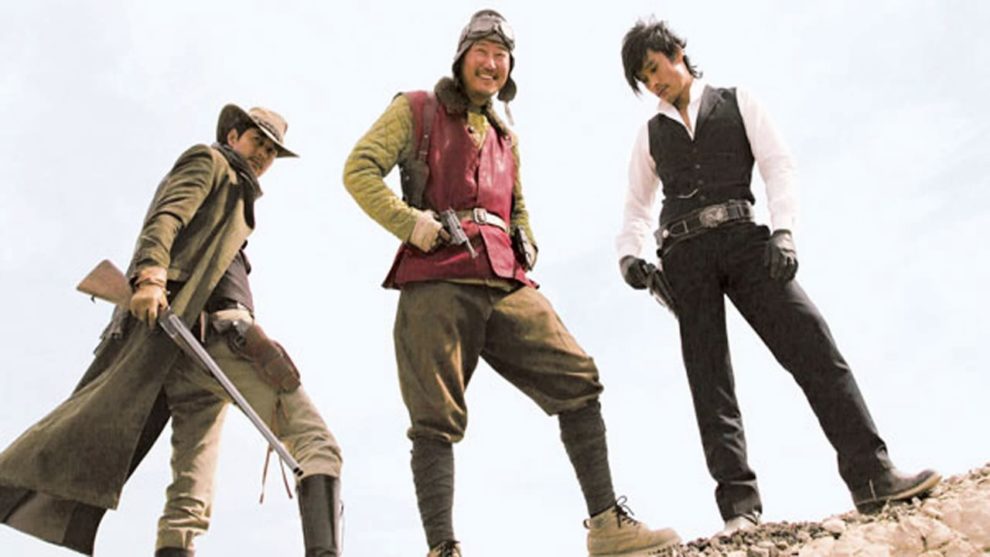
Its overlong run time and slightly convoluted plot make this wacky cowboy caper less than perfect. Fortunately, the flaws that could potentially topple an inferior movie are not nearly prevalent enough here to dampen the sheer joy of seeing Tae-goo, map in hand, racing to the proverbial finish line in a Mad Max style chase, all while fighting off the combined might of the “The Good”, “The Bad”, a myriad of bandits and the Japanese army, to the tune of Santa Esmerelda’s “Don’t Let Me Be Misunderstood”, no less. The highs are very high, and “The Good, The Bad, The Weird” is unmissable. (Luke Georgiades)
Buy This Title
71. The Chaser (Na Hong-jin, 2008)
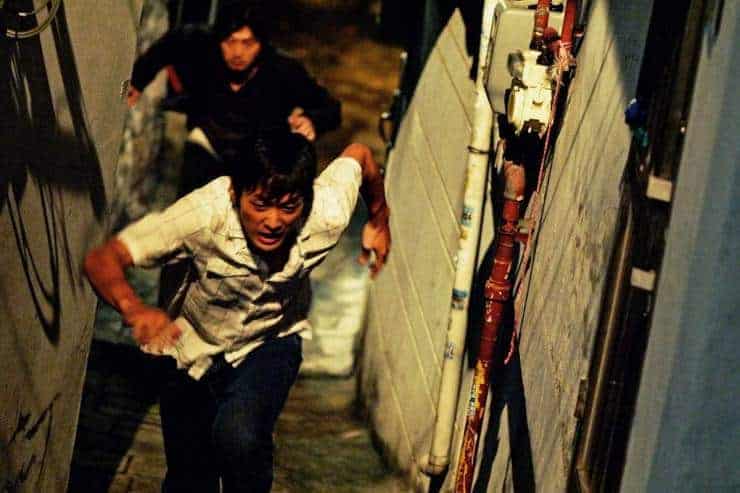
Na Hong-jin gave a clear sample of his quality as a filmmaker with his debut film, artfully directing and writing this utterly agonizing thriller, which is based on an actual case of a serial killer. He directs in a way, presenting just as many indications of what is about to come as is needed to keep the spectator tense in all of the title’s duration. He accomplishes that by making clear from the beginning what the protagonists should do in order to solve the case, though presenting very convincing reasons why they do not.He has also done a wonderful job in the character’s outline, whose antithesis is depicted on the axis of conscience. There is a total lack of it from the murderer’s part and a gradual disclosure of it on the hunter’s side. As usually in similar Korean productions, the film entails many violent episodes, that, at times, may even be shocking to mainstream audience, despite the elaborateness of their depiction. Lastly, the finale is probably the film’s best scene and one of the most shattering ever to appear in the genre. (Panos Kotzathanasis)
Buy This Title
72. Castaway on the Moon (Lee Hae-joon, 2009)
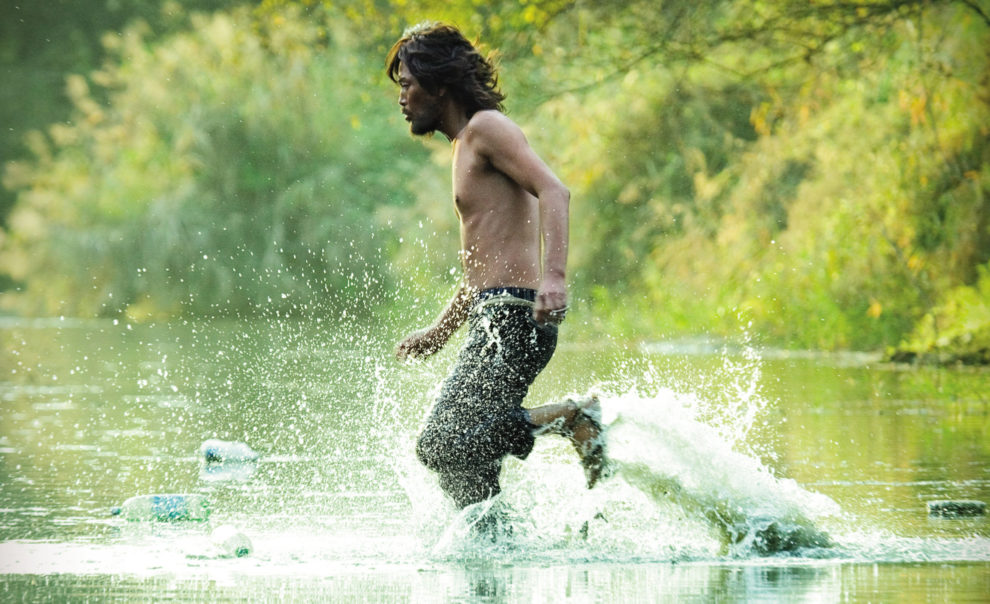
This comic/romantic/surreal tale of two outsiders finding each other is an impossible-to-dislike experience. The absurdity of such a plot – starting with the idea of being stranded on a desert island at a swim-distance from home – is cleverly and beautifully exploited in the screenplay and it is one of its greatest points. The film in fact is a minefield of potential mistakes and faux pas with its abundance of themes like consumerism, alienation, social media fake identities, self-isolation, mixed with a potential romantic outcome. Instead, magically, the sum of all these parts is delightfully symbolic and lighter than a feather.
Buy This Title
73. Hahaha (Hong Sang-soo, 2009)
Filmmaker Jo Moon-kyeong plans to leave Seoul to live in Canada. So days before his departure, he meets his close friend BANG Joong-sik who is a film critic, at a nearby mountain to drink ‘makgeolli’ a Korean traditional alcoholic beverage made from rice. After a few rounds, they find out that coincidentally, they have both been to the same small seaside town, Tongyeong recently. They decide to reveal their accounts of the trip over drinks, under the condition that they only stick to pleasant memories. Not realizing that they were in the same place, at the same time, and with the same people, the two men’s reminiscence of a hot summer unfolds like a catalogue of memories.
74. Mother (Bong Joon-ho, 2009)
Widowed for a long time, a mother lives alone with her only son. He is 28 years old, a shy and quiet young man. In the aftermath of a terrible murder, the woman’s hope- less, helpless son becomes the prime suspect. There is no real evidence against him, but the police throw groundless suspicion at him. Eager to close the case, the police are happy with their cursory investigation and arrest the boy. His defense attorney turns out to be in- competent and unreliable. Faced with no other choice, his mother gets involved, determined to prove her son’s innocence.
75. Poetry (Lee Chang-dong, 2009)

Lee Chang-dong’s love for that sort of dilemmas has been demonstrated earlier, for example in “Oasis”. In “Poetry” he focuses again on the issues of power and money, as well as class divisions, to highlight flaws of modern Korean society in which, with sufficient funds, everything can be bought. The movie’s critique isn’t as piercing though. This manifests in the middle when the film loses its pace as well as its focus. Despite the boring second act, the story in itself is an intricate work, full of details, symbolism and small scenes that allow for a layered interpretation.
Buy This Title
76. Thirst (Park Chan-wook, 2009)
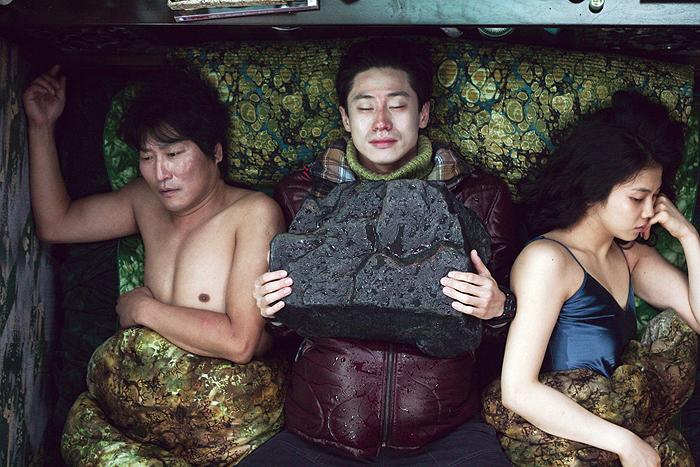
There was quite a lot to like with the film. Among it’s best qualities is the highly original and unique bent it provides to a vampire’s origins. This is quite creative, offering the transformation through the experiment. The additional measure of being a priest and being placed through the experiment takes on a truly enjoyable religious aspect here, realizing that the consequences have turned him into such a creature. When we see the outcome of this as a form of worship, due to the nature of the Priest’s situation surviving as he does, there’s a far greater understanding of what happened to him in order to become such a creature and the conflict that arises within him knowing what he is, becomes all the more interesting. The desire to help people, especially working in a hospital for the dead and dying, begins to conflict greatly with the urge towards blood-drinking that he encounters due to being around others in that condition. (Don Aneli)
Buy This Title
77. Breathless (Yang Ik-June, 2009)
After witnessing the deaths of his mother and sister during childhood, Sang-hoon grew up along with violence. To punish his father for destorying the family, Sang-hoon visits his father regularly with rampage. One day, he meets a teenage girl, Yon-hi. As encounter piles up, Sanghoon and Yonhi find themselves in each other. But their link started long time ago. Out of blind, Sang-hoon, Yon-hi, and others among them reach out for more relationships.
78. The Yellow Sea (Na Hong-jin, 2010)
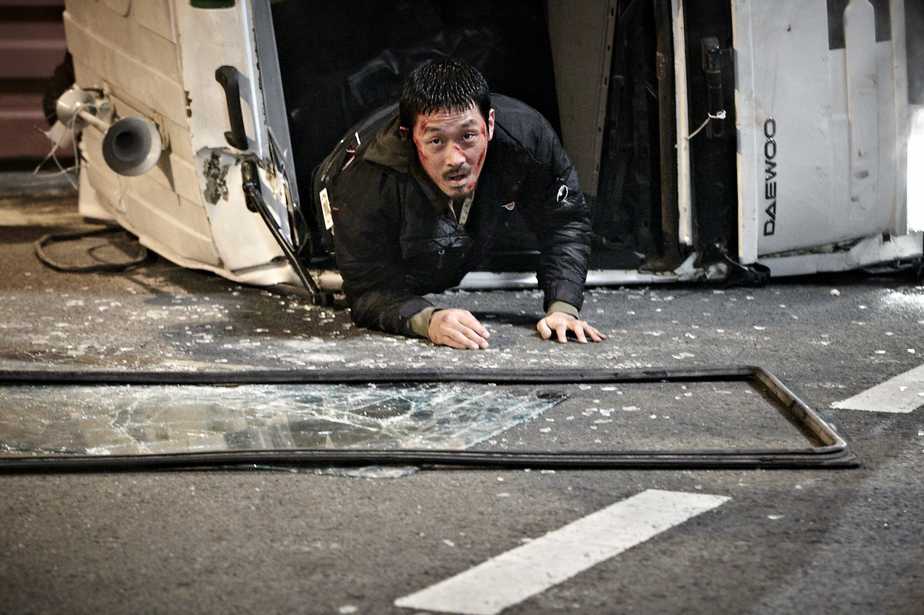
Na Hong-jin maintained most of the elements that made an impression in his debut, by incorporating great characters, desperation and agony, and impressive fighting scenes. The latter benefit the most from the impressive cinematography of Lee Sung-je, which also presents artfully the surroundings in both China and Korea, and the fast editing by Kim Sun-min, which allows the film the retain a very fitting pace, that slows down or speeds up according to the lack or presence of action sequences. (Panos Kotzathanasis)
Buy This Title
79. I Saw the Devil (Kim Jee-woon, 2010)
Jang Gyeong-cheol is a dangerous psychopath who kills for pleasure. He has committed infernal serial murders in diabolic ways that one cannot even imagine and his victims range from young women to even children. The police have chased him for a long time, but were unable to catch him. One day the daughter of a retired police chief becomes his prey and is found dead in a horrific state. Her fiance Kim Soo-hyeon, a top secret agent, decides to track down the murderer himself. He promises himself that he will do everything in his power to take bloody vengeance against the killer, even if it means that he must become a monster himself.
80. Nameless Gangster: Rules of the Time (Yoon Jong-bin, 2011)

Yoon Jong-bin presents a highly realistic and entertaining depiction of the crime world of the aforementioned decades, and creates a truly masterful crime thriller with constant plots, intrigues, betrayals, and violence. The usual narrative of the rise and fall of the criminal is present once more in this film, but Yoon manages to transcend it by making a clear and somewhat satirical commentary on the era. Furthermore, the fact that he presents, from the beginning, the protagonists and the rest of the crime world, as pitiable is another original notion. (Panos Kotzathanasis)


